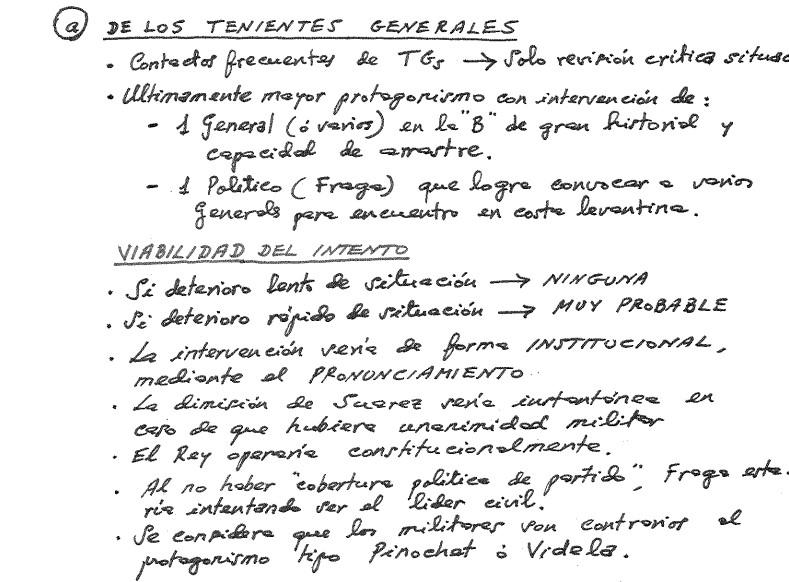[dropcap]E[/dropcap]l resultado de un incumplimiento continuo de los planes conlleva un descenso de productividad debido, entre otras cosas, el personal se dedica a “apagar fuegos”, es decir, a realizar tareas destinadas a resolver situaciones momentáneas creadas por diferentes causas como desarrollo de hábitos improductivos de trabajo, cultura corporativa que fomenta estas situaciones, pleitesía y obediencia hacía egos superiores, ausencia de pensamiento crítico y analítico, supuesta, y mal entendida, comodidad por trabajar sin pensar o falta de responsabilidad y autonomía.
Los comportamientos y actitudes expuestos conducen a hacer las cosas con prisas o urgencias y, además, a limitar la diferenciación entre uno y otro concepto; todo ello consecuencia de una gestión deficiente, que conduce a un ciclo de descontento y falta de bienestar por las continuas interrupciones para hacer otras tareas mucho menos importantes.
La responsabilidad, conocimientos y experiencia del trabajador son de gran ayuda para evitar estos problemas si se tiene la capacidad de no desviarse del objetivo. Esto supone, en la gran mayoría de las ocasiones, tener que decir no y arriesgarse a ser considerado no productivo, pero esta actitud, sin embargo, es consecuente con la actividad y misión establecidas.
Debemos, pues, aprender a sobreponernos a las exigencias impertinentes de tener que tener todo listo para ayer. Trabajar con confianza, sin estrés y persiguiendo los objetivos previstos con perseverancia; sin prisa, pero sin pausa, hacen de la persona un trabajador competitivo y excepcional cuando el entorno actúa conforme a la planificación prevista.
“La mayor parte de lo que llamamos gestión consiste en hacer difícil que la gente haga su trabajo”.(Peter Drucker)
Everything ready, for yesterday?
[dropcap]T[/dropcap]he result of a continuous failure of the plans leads to a decrease in productivity due, among other things, the staff is dedicated to «extinguish fires», that is, to perform tasks designed to solve momentary situations created by different causes such as the development of unproductive habits of work, corporate culture that fosters these situations, homage and obedience towards superior egos, absence of critical and analytical thinking, supposed, and misunderstood, comfort for working without thinking or lack of responsibility and autonomy.
The behaviors and attitudes exposed lead to doing things with haste or urgency and, in addition, to limit the differentiation between one and another concept; all this is the result of poor management, which leads to a cycle of discontent and lack of well-being due to the continuous interruptions to do other tasks that are much less important.
The responsibility, knowledge and experience of the worker are of great help to avoid these problems if he has the ability not to deviate from the objective. This means, in the vast majority of cases, having to say no and risk being considered non-productive, but this attitude, however, is consistent with the established activity and mission.
We must, then, learn to overcome the impertinent demands of having everything ready for yesterday. Work with confidence, without stress and pursuing the planned objectives with perseverance; without haste, but without pause, they make the person a competitive and exceptional worker when the environment acts according to the planned planning.
“Most of what we call management is making it difficult for people to do their job”.(Peter Drucker)
Más información: GESPROSAL





















